
Welcome to another weekly edition of Cyberbits!
Cyberbits is a weekly curated newsletter of fascinating finds on the internet, from random Reddit threads to weird webpages. I’ll also include interesting bytes I come across working on longer Cybernaut essays—like cool clips I had to leave on the cutting room floor to avoid making each article 5,000+ words. I send this out every Friday!
Internet Nostalgia
Active Worlds, developed in 1995, was one of the earliest online spaces for users to build internet avatars and create their own cyber worlds.
In a delightfully retro webpage from Dr. Bruce Damer, a former Active Worlds enthusiast and cyberspace pioneer, he details the experience of exploring this virtual world:
“In the Active Worlds virtual cityscapes you can interact with other citizens through text chat and build as easy as using Lego. And some of the Active Worlds universe's tens of thousands of users have filled a huge space with over sixty million objects! Active Worlds have other features, including music and sound effects, letting you jam and dance with avatars that can move through articulation.”
In Active Worlds, you could go skiing on simulated slopes, host an architecture competition, or throw a wedding.
You can still access Active Worlds, but it’s largely uninhabited. In r/ActiveWords, a mostly inactive subreddit dedicated to the game, one former user laments the loss of an online play space: “I really felt comfortable being in the game despite the fact that I didn't know who these people were or what they looked/sounded like.”
In earlier days of the web, most people navigated the online world anonymously. After all, you don’t just give out your real name on The Internet. While your truest self might have ultimately informed your online avatar, anonymity or pseudonymity provided a demarcated distinction between you and the online you. You could log off from “the web” and get back to the “real world.” Today, the two are inextricably bound, almost impossible to detangle in The Era of the Personal Brand.
I’ve written before about how the uncanny feeling of being watched online informs our sense of self, forcing us to contort in ways we anticipate will be acceptable to an online gaze. As the real world and online world blur into one, more and more people are longing for online anonymity, to navigate the online terrain without the baggage—or responsibility—of their real name.
Below, I’ve included bits on the death of online anonymity and a meditation on experimenting with identity through alts—a solution that might allow us to feel less seen, but more real. (Beyond social media, others have suggested an entirely pseudonymous economy.) By unknotting our irl and online identities, we might be able to move from being authentic for an audience to authentic in actuality.
Check Out This Stuff
Alter Ego: A Photo Project on Gamers and Their Online Avatars—From 2003-2007, Robbie Cooper, a UK based artist, travelled to countries from Korea and China to France and Germany photographing people who play around in virtual worlds. In his book, Alter Ego: Avatars and their Creators, he juxtaposes their real photos with their online avatars, an intriguing look into how personal appearance impacts (or doesn’t impact) how players build their in-game personas. All photos are courtesy of Cooper’s portfolio:
First They Got Sick, Then They Moved Into a Virtual Utopia—After Active Worlds, there was Second Life. Unlike the former, Second Life still has a sizeable online presence. You can still sign up for free or for $8.25/month to get added premium features.
According to this Wired long read from 2017, Second Life remains particularly popular with one specific group of people: those with disabilities, a percentage they estimate might make up anywhere from 20-50% of users. The piece features the story of Fran Swenson, then 89 years-old, a woman with Parkinson's who lives out her former days as a hiker and dancer in Second Life. Others on the app include people with blindness, deafness, PTSD, cerebral palsy, and multiple sclerosis. For many in this community, they can live out the lives they can’t have in-person in the virtual world. In one corner of Second Life, the article describes Virtual Ability Island—a space that had a thousand members and no stairs, only ramps. It’s a lovely read on world-building for people who are often less visible in our own world.
Dive In
Fresh Content
The Anxiety of Influencers — In a beautifully penned piece by Barrett Swanson for Harper’s, we’re dropped into the story of a modern-day gold rush, one that’s prompting Gen Z to head west: the opportunity to become an internet influencer, living in hype houses and getting rich off brand deals. Observing newly minted influencers up close from the Clubhouse FTB Hype House, Swanson expertly expresses how being online, bending to the whim of an audience, can turn young influencers into bland brands and—similarly—make the rest of us tweak our personalities to be more palatable:
“I mention this only to observe that if we sneer and snicker at influencers’ desperate quest to win approval from their viewers, it might be because they serve as parodic exaggerations of the ways in which we are all forced to bevel the edges of our personalities and become inoffensive brands. It is a logic that extends from the retailer’s smile to the professor’s easy A to the politician’s capitulation to the co-worker’s calculated post to the journalist’s virtue-signaling tweet to the influencer’s scripted photo. The angle of our pose might be different, but all of us bow unfailingly at the altar of the algorithm.”
Against Being A Real Person Online — Terry Nyugen is incisive as always in her latest on the desire to opt out of the ongoing online game, a never-ending tournament that demands a level of "performing for the internet.” In the latest incarnation of the internet, everyone’s become a content creator, and Nyugen is nostalgic for the internet’s earlier days where online anonymity allowed for “befriending strangers, fighting monsters, and embarking on quests in the multiplayer role-playing universe of Maplestory”:
“There's something so distressing about this soon-to-be-fulfilled future where the youngest digital users can't recall a content-free world with minimal, explicit advertisements, when you didn’t have to be a ‘real’ person to have fun online. Social networks have convinced our FOMO-induced brains that there’s little satisfaction in existing as a shapeless form online, without an identity tied to a landing page or profile.”
Internet Article Archive
Being Your Selves: Identity R&D On The Pseudonymous Internet (2020)—Nostalgic for the pseudonymous internet of his youth, including visits to Runescape and Club Penguin, Aaron Z. Lewis artfully describes joining the ranks of Alt Twitter with a “fake” account. He details how putting on a digital mask allows for identity interation and personhood discovery—posting unfiltered thoughts, experimenting with different social graphs, asking dumb questions—that’s harder to accomplish under your real name:
“Pseudonymous internet accounts are an escape hatch from this runaway feedback loop. They give you the ability to explore and embrace your multiplicity. They teach you that your legal identity is also a kind of mask — an ever-evolving “montage of loosely assembled parts.” You can experiment with multiple identities and social graphs simultaneously. You can be multi-faceted without being disingenuous. You learn to hold on to your sense of self a little more loosely and experiment with new ways of being.”
Have you ever hung out in virtual worlds? Do you have an alt or would you consider creating one? I would love to hear from you on either question or anything else on the internet you’re thinking about! :)
Have a lovely weekend,
Fadeke
P.S. A paid subscription to this newsletter gets you access to the entire Every bundle of newsletters and podcasts, including Glassy, Means of Creation, and many more! You’ll also get access to our Discord community where we chat about everything from what television everyone’s looking forward to (The Friends Reunion) and what we’re listening to (Chet Baker)!
The Only Subscription
You Need to
Stay at the
Edge of AI
The essential toolkit for those shaping the future
"This might be the best value you
can get from an AI subscription."
- Jay S.
Join 100,000+ leaders, builders, and innovators

Email address
Already have an account? Sign in
What is included in a subscription?
Daily insights from AI pioneers + early access to powerful AI tools
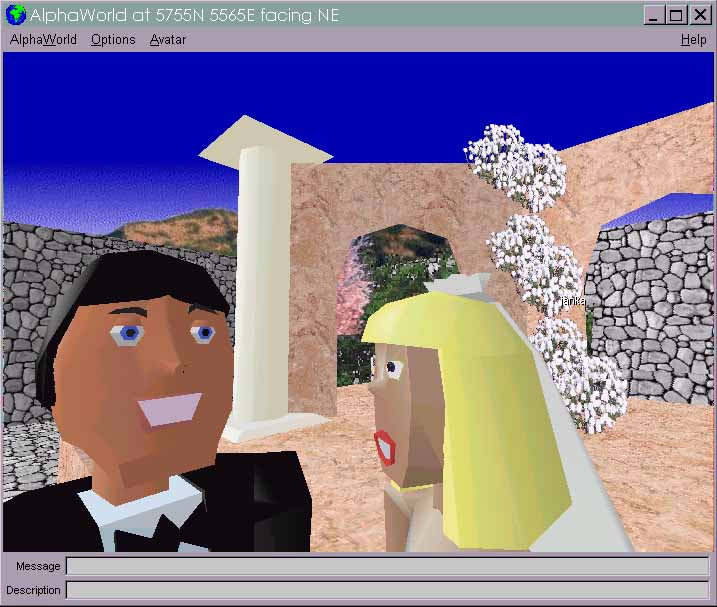
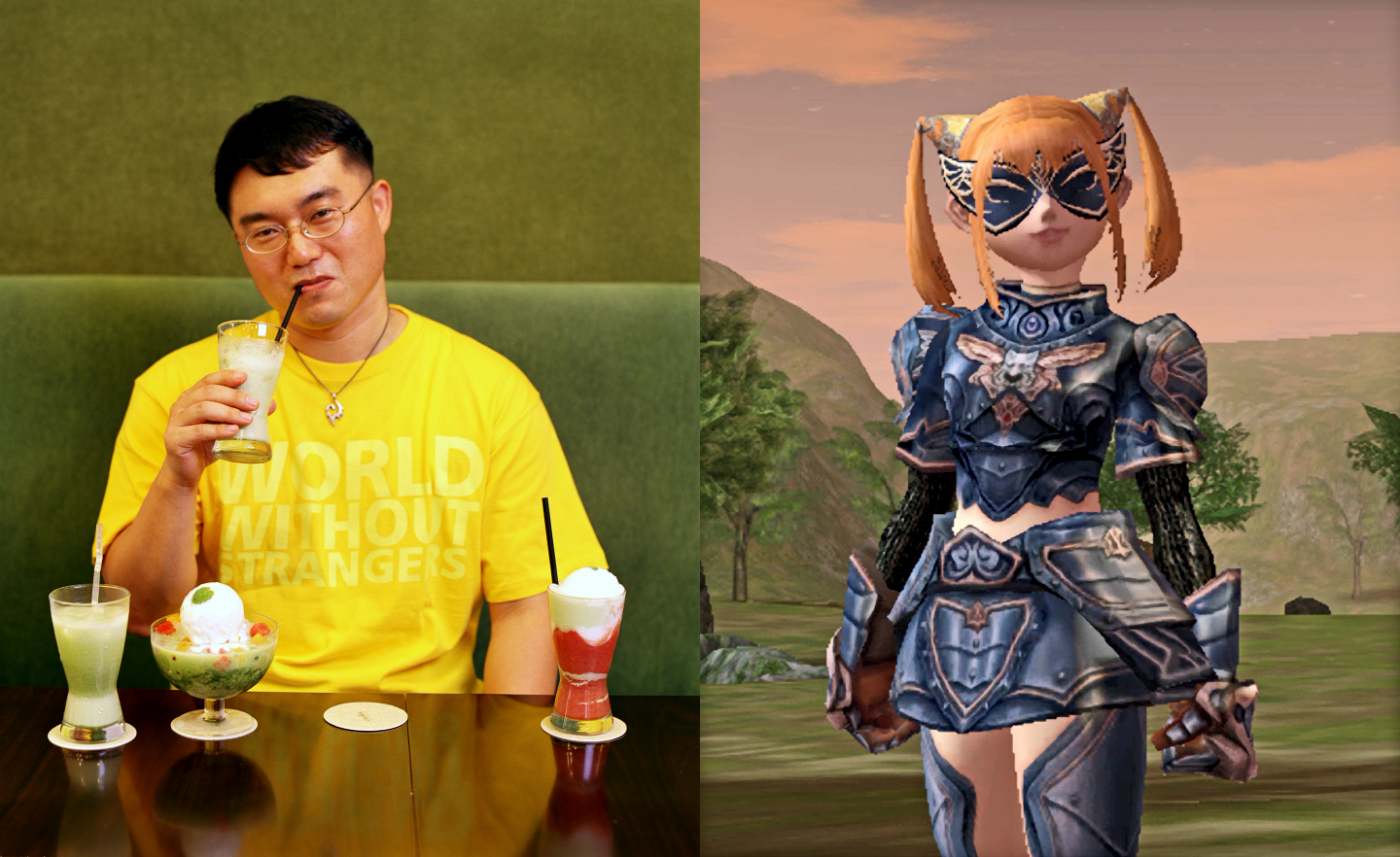
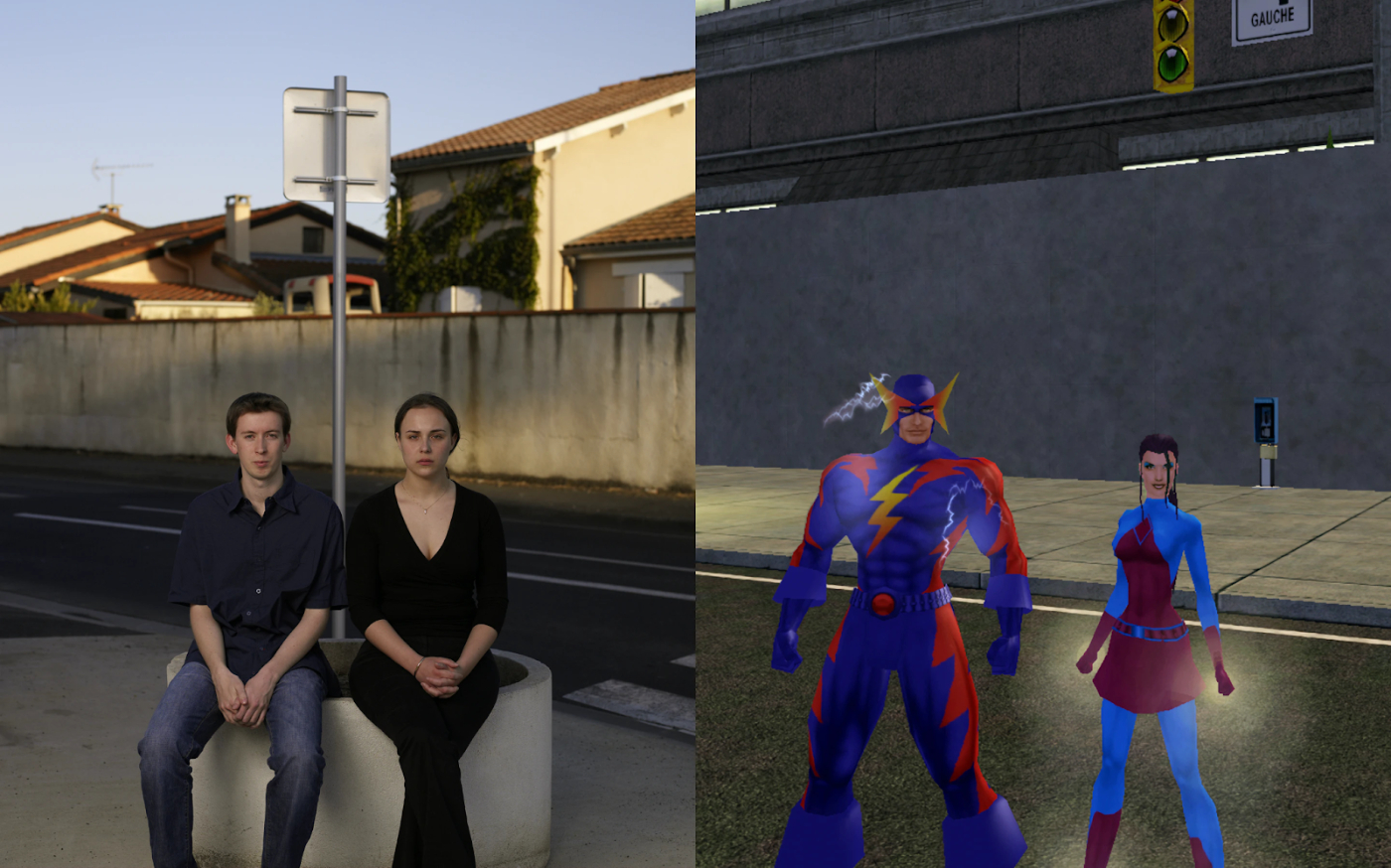
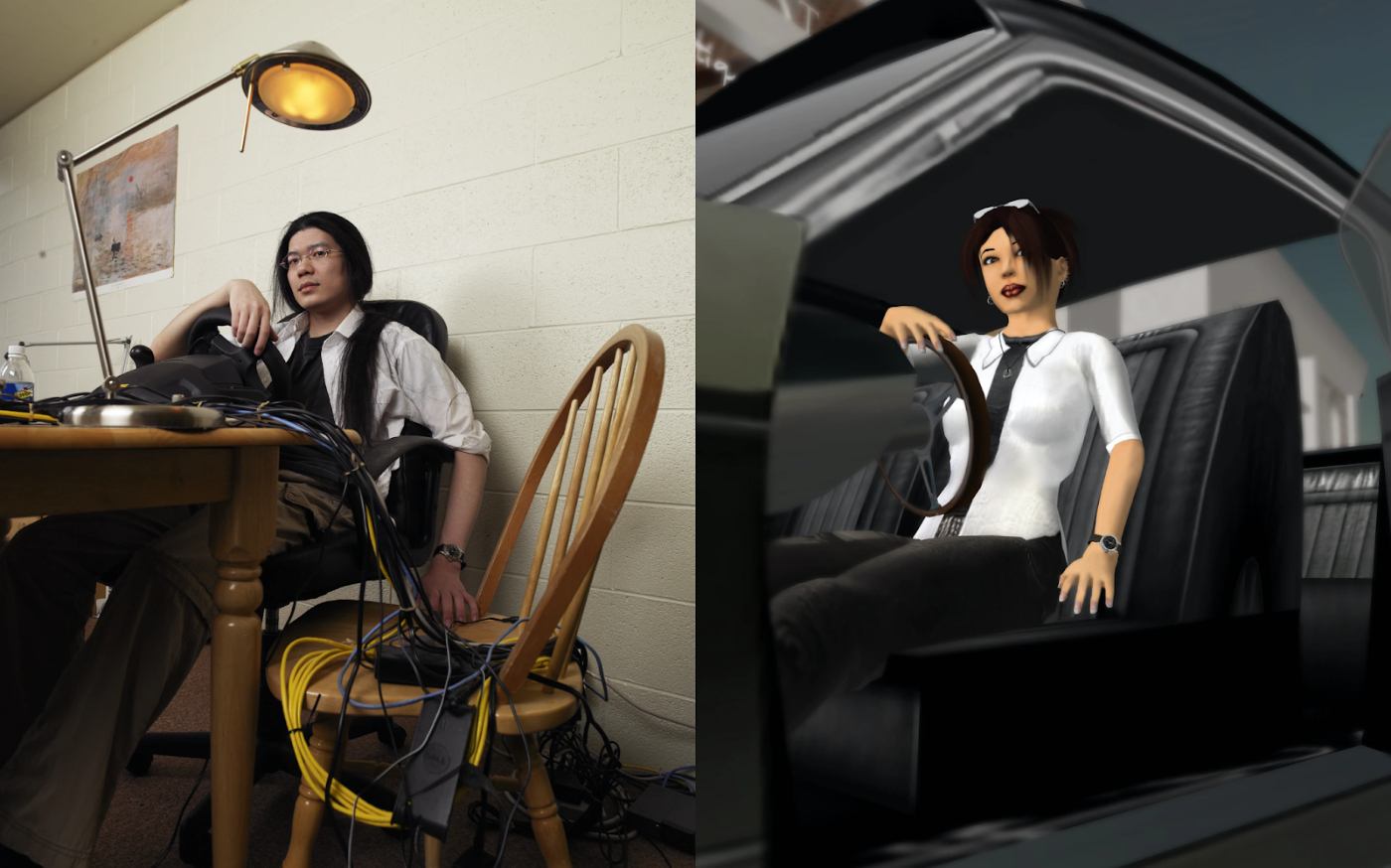
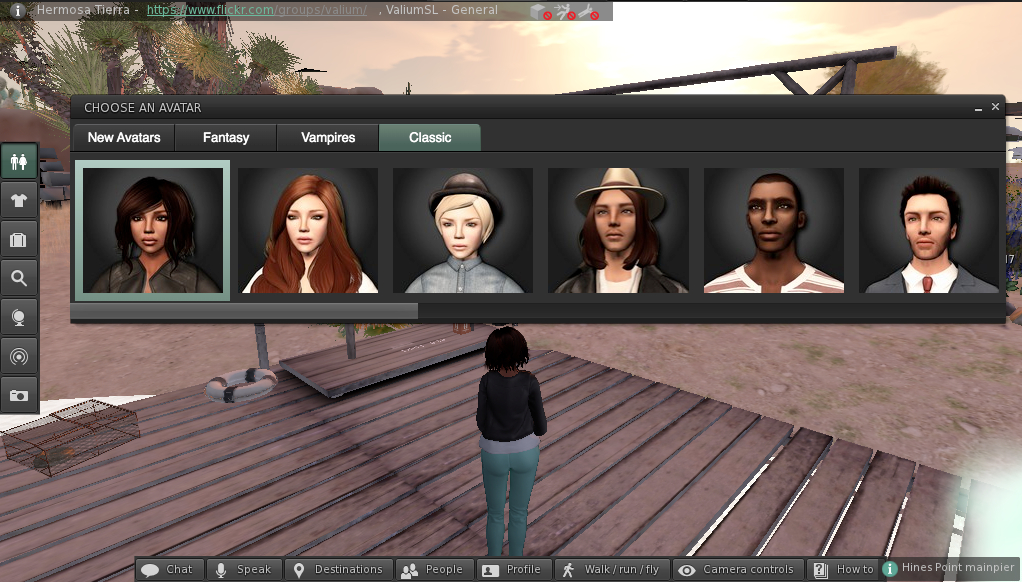







Comments
Don't have an account? Sign up!